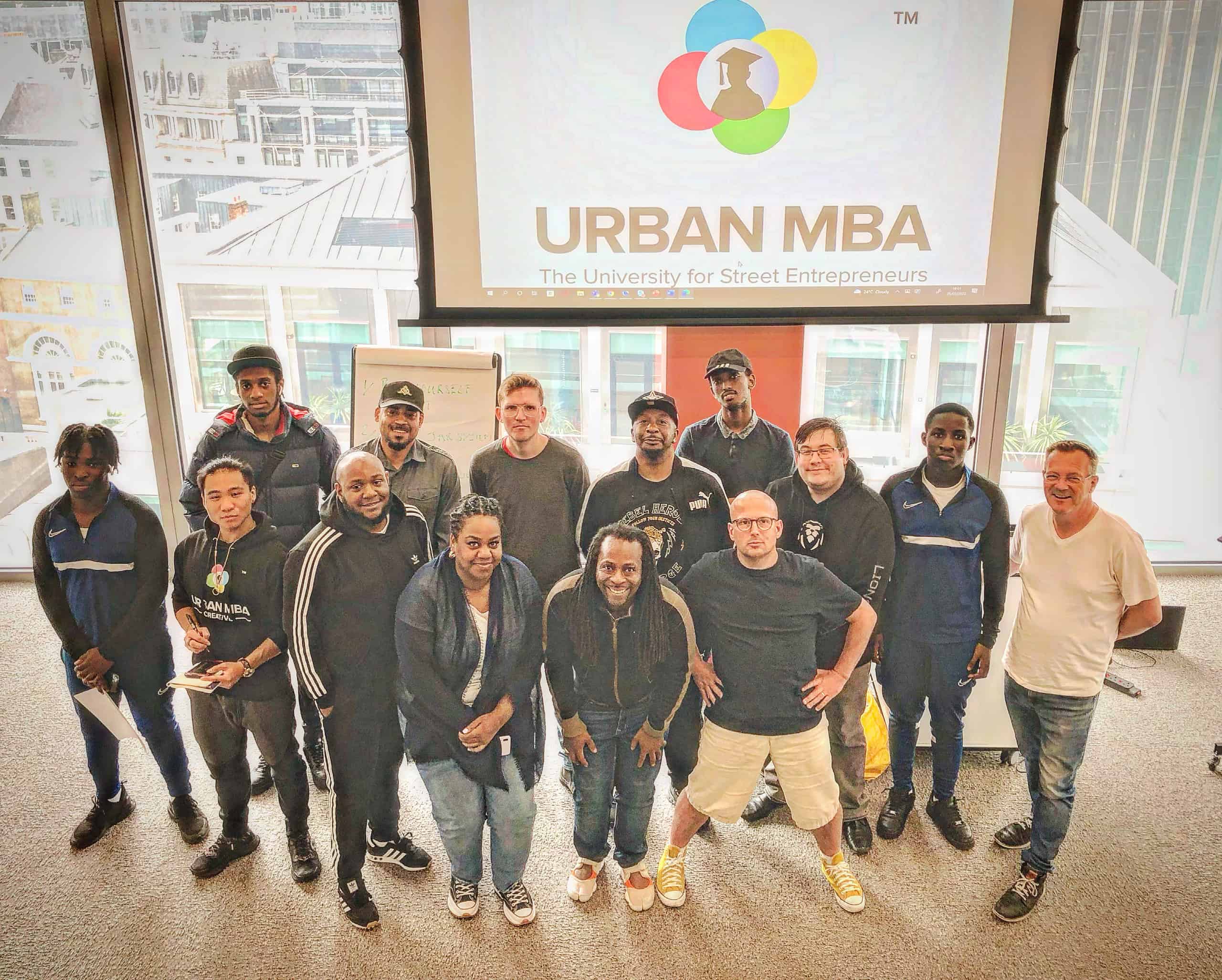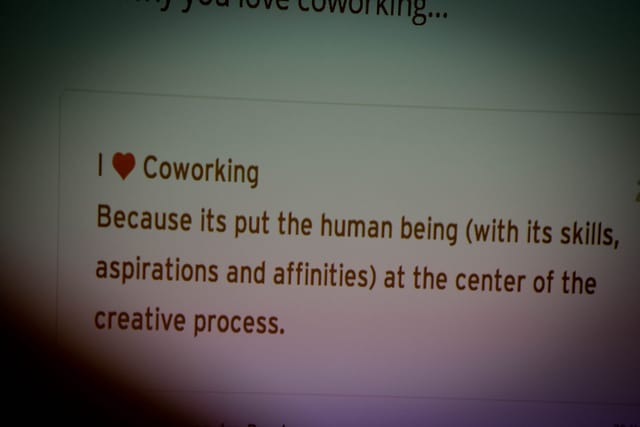
Practical steps and real stories on how taking action and teamwork can transform your community projects.
If you’re anything like me, you’ve probably spent countless hours learning, researching, and preparing—convinced that the more you know, the better equipped you’ll be to take the next step.
But what I’ve come to realie, after years of spinning my wheels, is that action often teaches us more than endless preparation ever could.
It’s not about having all the answers from the start; it’s about being willing to move forward, make mistakes, and learn as you go – just in time learning.
And trust me, if I can do it, so can you.
It’s not about being perfect or having some groundbreaking revelation—it’s about taking that first step, even when it feels uncertain.
But I ‘overlearn’ because I am curious, love learning, lack self-worth, and feel more fear than I know is good. Nuts, I know.
Just In Time Learning:
Most events I’ve run have been on a tight budget, but with our ‘Just In Time Learning’ approach, we always know where we are going and are ready to adapt to the room’s needs.
With our loose plan, we know where we are going, but we are always ready to adapt to the room’s needs.
We recently had a plan for the afternoon at a London Coworking Assembly workshop.
Still, after listening to the group and understanding the chemistry in the room, we shifted gears.
Instead of sticking to the original agenda, we turned the session into a hot seat for Stuart co-founder of The Factory coworking space in Plaistow in East London.
Fifteen people gave feedback on how he was launching his coworking space in Plaistow, and he walked away with a marketing plan for the next six weeks.
Although that wasn’t part of the plan, it was precisely what Stuart needed and what the group found most valuable.
It saved him hours of thinking time, and everyone got to share ideas with each other.
You learn more by doing, by connecting with people – this is how we’ve run the Creator Write Club for ten years and along with all the writing stuff, it was part inspired by John Steppers Working Out Loud which we watched grow on LinkedIn around the same time.
The Benefits of Group Learning and Collaboration:
Through years of running retreats, coaching sessions, and coworking groups, I’ve learned that people get the most value when they interact with each other and share their struggles and solutions.
This sense of community and shared learning makes our groups valuable and inclusive.
This sense of community and shared learning makes our groups valuable and inclusive.
Listen to how this works in this Coworking Values Podcast with Peter Block here.
The real experts in the room
For me, the days spent sitting in a room listening to a so-called expert are over.
Too many experts are on panels because they have paid to be there by sponsoring the event.
The real gold and learning are in the room, so it’s about breaking into small groups, discussing things, and sharing practical, just-in-time knowledge.
This isn’t theoretical stuff that sounds good but never gets applied.
It’s honest, actionable advice that people can use immediately.
In our 12-week Community Builder Cohort, participants often feel overwhelmed by the idea of sending an email newsletter.
But when they talk it out with the group, everything changes.
They realise they’re not alone, and by the end of the session, they’ve developed a clear action plan.
This is the joy of shared knowledge and collective problem-solving, a support system that helps you overcome any challenge, no matter how daunting.
Overcoming Perfectionism and Finding Focus:
Over time, I’ve narrowed my focus to learning to overcome perfectionism and narrow subjects: coworking values and their practical application in small coworking spaces and community projects.
This focus has been This shift has been liberating, allowing me to understand and teach more effectively. Intentional.
It’s like choosing to study English literature and maths instead of trying to cover every subject.
By going deeper into these areas, I’ve been able to understand and teach them more effectively.
In the coworking industry, the conversation often gets dominated by corporate interests.
But by focusing on those operating on a shoestring budget—spaces that serve underserved and marginalised communities—I’ve gained a deeper understanding of how to help these communities connect, grow, and contribute to local economic development.
These aren’t the stories that make headlines, but they are essential.
By staying focused, I’ve been able to help these communities in ways that would have been impossible if I’d tried to be all things to all people.
The Role of Consistent Communication:
For more than 15 years, I’ve been emailing people every week. Sometimes, the emails are unique; sometimes, they’re just okay.
But the key is consistency – this is the only shortcut you are ever going to find.
The email newsletter has been a crucial tool in every project I’ve been involved in, whether a podcast, a cohort, or the London Coworking Assembly.
A few years ago, Kenda Macdonald taught me how to create a repeatable newsletter format.
After attending her Marketing Automation Academy, instead of writing a novel every week, I started to fill in specific sections: the next event, the latest podcast, a piece of news, and an update from Urban MBA.
This structure keeps me on track and makes it easier to produce valuable content consistently.
Consistency builds trust, and you put yourself in a state of constant process improvement.
I always recommend that people send weekly newsletters; the more you do it, the faster and better you will get at it.
Even when you don’t have something groundbreaking to share, just showing up in people’s inboxes every week keeps you connected.
It’s like going for a run every day.
The more you run,
And with newsletters, the more you send, the more you learn about yourself, your audience, network, community, or whatever you want to call your people.
Success Stories: Connecting People to Opportunities:
One of my favourite examples of how these principles play out in real life is the story of Kofi from Urban MBA.
In 2022, Kofi connected with Caleb Parker, co-founder of The Brave Corporation, through the London Coworking Assembly.
Kofi needed a venue for the first year-long Urban MBA course, and Caleb made space available at 22 Bishopsgate twice a week for a year.
Suddenly, the Urban MBA students had a prestigious city venue, opening up a network of opportunities that Kofi hadn’t anticipated.
Through another London Coworking Assembly connection, Kofi was introduced to James, who had a building near Old Street that became the Urban MBA HQ – an active EdTech Centre and community coworking space.
Kofi’s EdTech Centre and workspace are bringing even more people into the fold, with technologywithin.com stepping in to ensure the wifi and other tech is up to grade, saving valuable time jumpstarting the building.
It’s one of many London Coworking Assembly examples of how taking action, making connections, and being open to new opportunities can lead to success in ways you never expected.
A few actions steps
Over the years, I’ve learned the following lessons: take action, stay focused, and keep connecting.
Whether running a coworking space, launching a new project, or simply trying to figure out your next step, the key is to start doing rather than waiting until you’ve learned everything there is to know.
The path will reveal itself as you go, and the connections you make will help you reach your goals faster than you ever could on your own.
So, if you feel stuck, overwhelmed, or unsure, take that first step.
Join a group, send that newsletter, and ask those questions.
Look up Creator Write Club and London Coworking Assembly and of course we talk about this a lot on the Coworking Values Podcast.
You’ll be surprised at how quickly things fall into place when you focus on action and connection.
